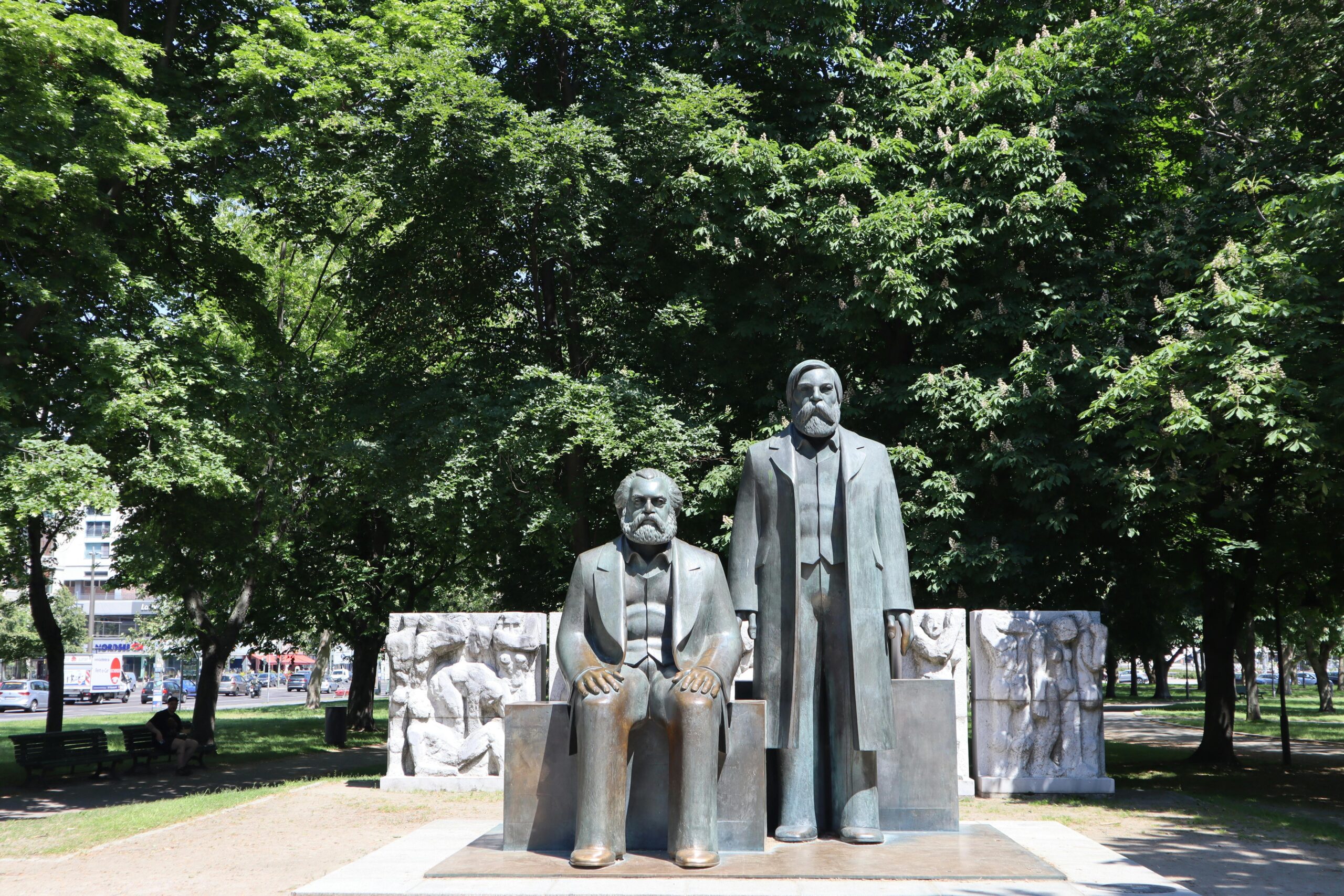“The Handmaid’s Tale” by Margaret Atwood is a dystopian novel that explores the consequences of strict religious totalitarianism on society. The book is a chilling reminder of the dangers of totalitarianism and the importance of standing up for what is right. It offers powerful lessons about feminism, political activism, and the impact of language on society. In this blog, we will explore the top 10 lessons that can be learned from “The Handmaid’s Tale.”
“Better never means better for everyone… It always means worse, for some.”
Lesson 1: The Dangers of Religious Fanaticism
The central dystopian society of “The Handmaid’s Tale” is governed by religious fanatics who use their beliefs to justify oppressive policies. The novel highlights how dangerous it can be when religious beliefs are used to control society, and how fanatics can justify heinous actions in the name of their god. This highlights the importance of protecting secularism and ensuring that religious beliefs are not used to justify oppression.
Lesson 2: The Importance of Feminism
“The Handmaid’s Tale” is a symbol of feminist literature, and it highlights the importance of women’s rights. The novel shows the consequences of a patriarchal society where women’s bodies are policed and their rights are stripped away. This warns us of the dangers of anti-feminism and the importance of fighting for true gender equality.
Lesson 3: The Power of Narrative
One of the most powerful lessons that “The Handmaid’s Tale” teaches us is the power of language to shape society’s perceptions. The book is a reminder of the impact words and labels have on society, and how they can be used to justify oppression. This highlights the importance of being mindful of the language we use, the narratives we create, and the stories we tell.
Lesson 4: The Importance of Resistance
“The Handmaid’s Tale” is a call to action, and it highlights the importance of resistance. The novel shows the power of collective resistance in the face of oppression and how such movements can lead to positive change. This teaches us the importance of political activism and the need to stand up for what we believe in.
Lesson 5: The Dangers of Surveillance
“The Handmaid’s Tale” highlights the dangers of surveillance and the way it can be used to control society. The novel paints a terrifying picture of how every move is monitored and the insidious ways that surveillance can be used to manipulate people. This warns us of the dangers of surveillance states and the importance of personal privacy.
Lesson 6: The Impact of Environmental Destruction
“The Handmaid’s Tale” poses environmental destruction as one of the reasons that led to the collapse of society. The novel highlights the danger of ignoring environmental problems and how they can ultimately affect humankind. It warns us of the importance of taking environmental problems seriously and pushing for meaningful action.
Lesson 7: The Danger of Political Compromise
“The Handmaid’s Tale” argues that political compromise can lead to the erosion of fundamental rights. The novel warns against the dangers of playing politics and making decisions to appease those in power, rather than in the interest of the people. This teaches us to remain vigilant against political compromises that undermine our freedoms.
Lesson 8: The Need for Compassion
“The Handmaid’s Tale” shows the power of compassion in the face of adversity. The novel illustrates how acts of kindness and compassion can provide hope in the bleakest of situations, and how seemingly small acts can have a massive impact. This teaches us that compassion is a powerful force that can bring about positive change.
Lesson 9: The Importance of History
“The Handmaid’s Tale” is set in the future, but it draws a sharp focus on the present and the past. The novel highlights the importance of history and how it shapes our present and future. This warns us of the danger of forgetting the past and the importance of learning from history.
Lesson 10: The Importance of Hope
“The Handmaid’s Tale” is a bleak novel, but it also provides hope for a better future. The novel shows the power of hope and how it can keep people going through the toughest of times. This teaches us that even in the darkest of situations, hope is a powerful force that can help us overcome adversity.
Conclusion
“The Handmaid’s Tale” is a dystopian novel that provides powerful lessons about feminism, religious fanaticism, and political activism. It highlights the importance of being mindful of the language we use, the narratives we create, and the stories we tell. It warns us of the dangers of surveillance states, political compromise, and environmental destruction. The novel teaches us the power of collective resistance, compassion, and hope in the face of adversity. Overall, “The Handmaid’s Tale” is a thought-provoking novel that provides valuable lessons for the modern age.



